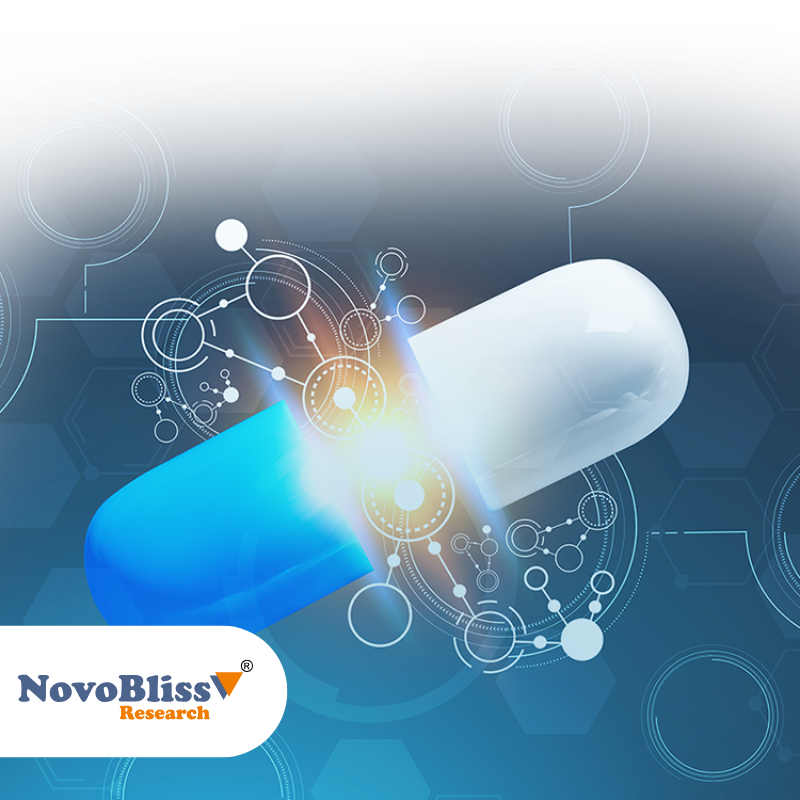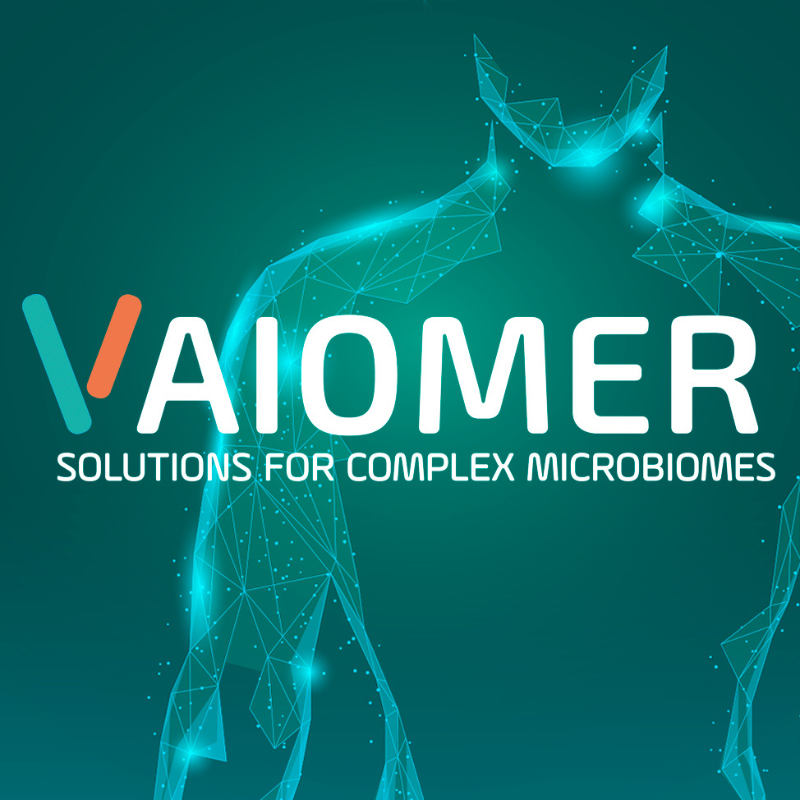Social learning is a crucial component of human intelligence, allowing us to rapidly adapt to new scenarios, learn new tasks, and communicate knowledge that can be built on by others. This dissertation argues that the ability of artificial intelligence to learn, adapt, and generalize to new environments can be enhanced by mechanisms that allow for social learning.
I propose several novel deep- and reinforcement-learning methods that improve the social and affective capabilities of artificial intelligence (AI), through social learning both from humans and from other AI agents. First, I show how AI agents can learn from the causal influence of their actions on other agents, leading to enhanced coordination and communication in multi-agent reinforcement learning. Sec- ond, I investigate learning socially from humans, using non-verbal and implicit affective signals such as facial expressions and sentiment. This ability to optimize for human satisfaction through sensing implicit social cues can enhance human-AI interaction, and guide AI systems to take actions aligned with human preferences.
By Natasha Jaques – Nov. 19, 2019





